PS5 and Xbox Series X: Why we need new consoles — and why we don't
The PS5 and Xbox Series X may solve unnecessary problems
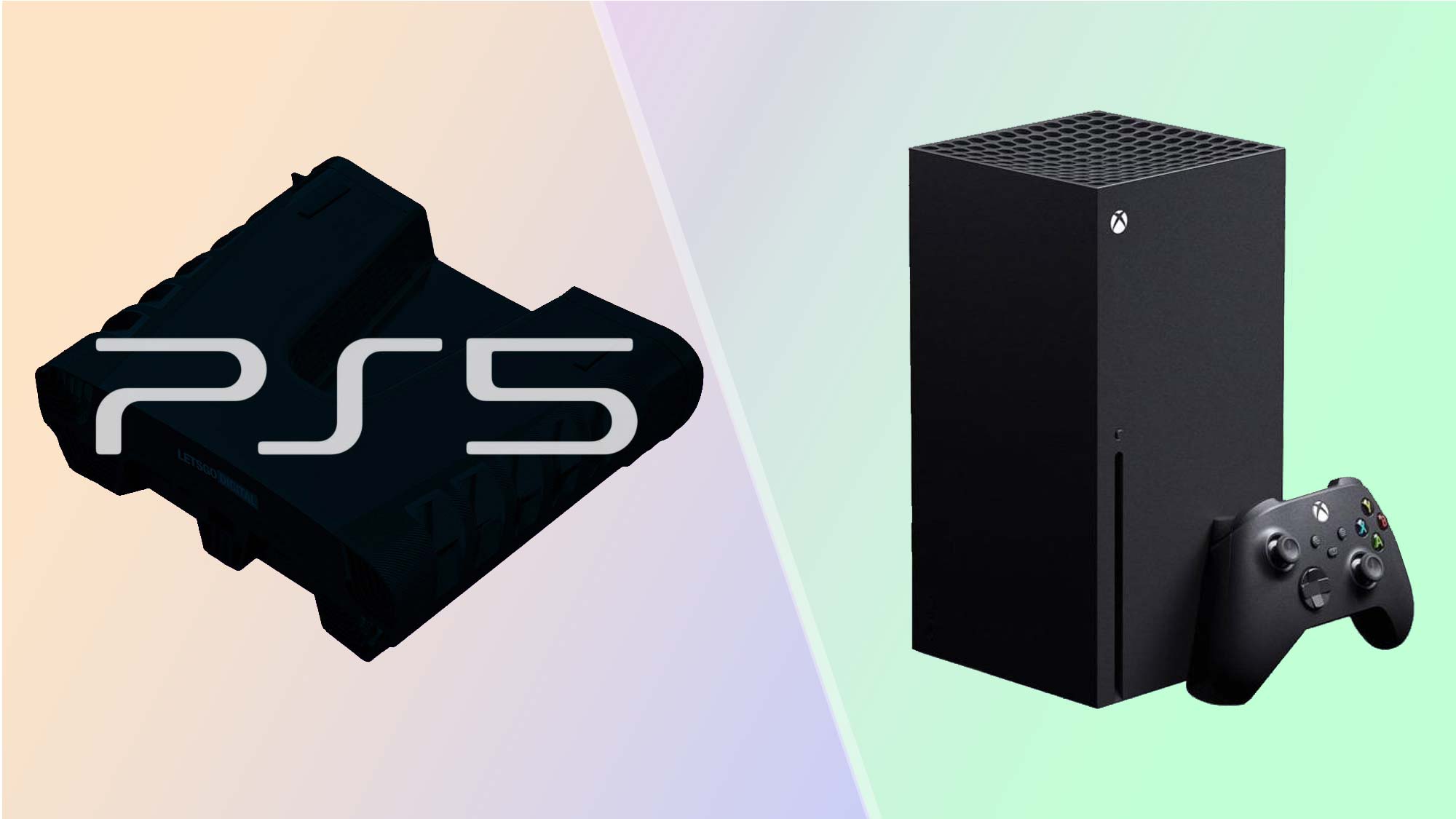
The PS5 and Xbox Series X are less than a year away, and the excitement of a new console generation is palpable. But there's one more important question that will probably get lost in the shuffle as launch day nears: Do we really need these consoles?
I don't mean, "Do you, personally, need a PS5 or Xbox Series X?" That depends on your preferences, your gaming habits, your income and a thousand other factors that every potential buyer will have to judge for him- or herself. But as I learned about the ways the PS5 and Xbox Series X would improve upon their predecessors, I wondered whether we really needed another generation of large, expensive, non-upgradeable consoles when arguably better solutions are right around the corner — namely cloud gaming and more accessible gaming PCs.
- PS5 and Xbox Series X lifecycles: How long will these new consoles last?
- PS5 exclusives: All the big games to expect
- Google Stadia vs. GeForce Now vs. PlayStation Now vs. Project xCloud: Who will win cloud gaming?
When I floated this idea, however, my colleague Adam Ismail was quick to reply that consoles still offered a heap of advantages to everyday consumers: affordability, simplicity and exclusive games among them.
Rather than argue it out by shouting across our desks, we've decided to document our arguments in a point/counterpoint discussion. Simply put: Are the PS5 and Xbox Series X necessary?

PS5 and Xbox Series X exclusives: Do they still matter?
Adam Ismail: I don’t like that we often make our console choices based on which exclusive titles we want to play, which, in turn, undermines the importance of hardware. I purchased a PS4 at the start of this generation because I knew I wanted the next Gran Turismo. But the power of the Xbox One X and all of Microsoft’s work in backwards compatibility and pushing for enticing subscription models (like Xbox Game Pass) often make me wish I’d chosen Xbox on launch day all those years ago.
That said, exclusive games are important. Some might argue they’re becoming less important, now that Sony has chosen to publish a few of its own, like Horizon: Zero Dawn, on PC. I’m overjoyed that the consistently-great MLB The Show series will begin appearing on Microsoft’s and Nintendo’s consoles beginning next year, so as many baseball fans as possible can at last play a proper sim no matter which platform they’ve invested in.
However, without consoles to sell, these games don’t get made in the first place. Exclusive software demonstrates the value of a console makers’ hardware to the world, and they’re often some of the best games of their generation. I’m talking about titles that push the boundaries of storytelling, like God of War; big-budget licensed blockbusters, like Spider-Man; technical showcases like Gran Turismo and Forza Horizon; and truly eye-opening, unforgettable experiences, like Breath of the Wild. Would these games have gotten made if their respective license holders didn’t have something to prove? Judging from how many of them still aren’t available on PC, I wouldn’t bet money on it.
Marshall Honorof: I don't have a perfect counterargument for Adam's points. Exclusive games often do justify their consoles' existence, particularly when they're genre-defining experiences like God of War (2018) or Bloodborne. But, as Adam also pointed out, there's often no technical reason why games have to be system-exclusive. If Horizon Zero Dawn will run on a PC, one must assume that the same thing is true of Uncharted 4, or Ratchet & Clank. Microsoft has already demonstrated firsthand that almost every single one of its exclusive titles functions just as well — or better — on a PC.
Granted, having the technical capacity to do something and actually doing it are two different stories. I doubt Sony is going to suddenly give its exclusives Day One PC ports, and many experiences will remain "PS5 or bust," at least in the near term. But the market is already shifting away from console exclusives, and I doubt their hegemony will last forever, with the exception of Nintendo.
Finally, it's worth pointing out that exclusive games by themselves don't sell consoles. If they did, the Philips CD-i would have been a massive success. What entices people is exclusive games that they actually want to play.
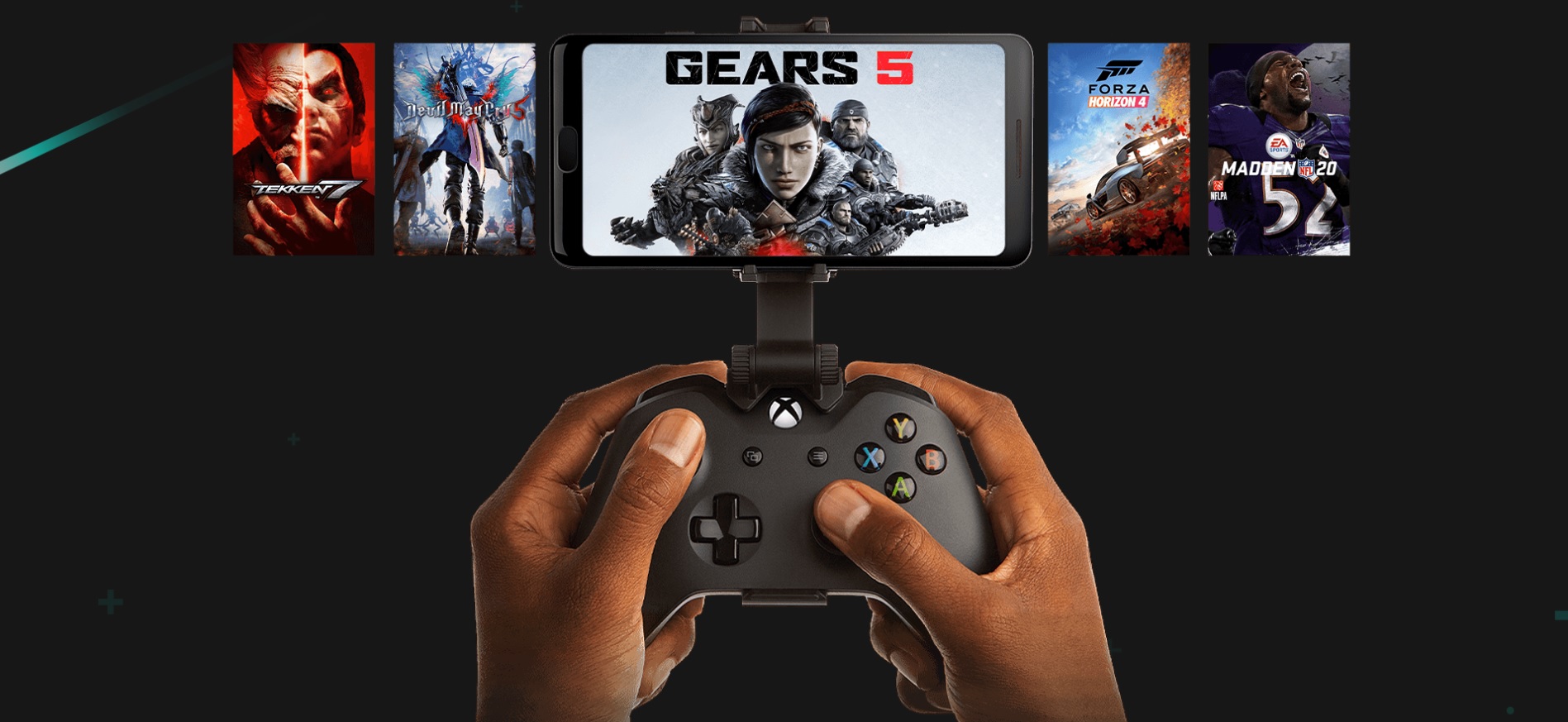
Cloud gaming: Could it replace PS5 and Xbox Series X entirely?
MH: I've experimented with every major cloud gaming service, from Google Stadia to Nvidia GeForce Now, and from PlayStation Now to Project xCloud. And during my studies, I've become convinced that cloud gaming technology is not ready to replace discs and downloads just yet,) but that it could be within the next few years.
One big advantage of a console over a PC is that a console is optimized for a living room TV. But suppose, for a moment, that Sony, Microsoft or another company could offer games that rendered in the cloud just as well as they would on a powerful console. Then, you could simply buy the games you want — or subscribe to a streaming service with hundreds of games — and download an app to a smart TV. You'd have to bring your own controller to the party, but a $50 controller is much cheaper and more convenient than a console that costs ten times as much.
Granted, some people will always want to download or buy physical games rather than stream them, but if Netflix has taught us anything, it's that these people may be a minority. And if we're just two or three years away from elegant, high-framerate UHD streaming, how long will a PS5 or Xbox Series X be useful in our living rooms?
AI: Marshall, you’ve just echoed a refrain you tend to hear a lot these days with regard to cloud gaming: It’s not there yet. And I agree — one day it will be, and it will be good enough for most people, and maybe we’ll laugh at the days when we’d drop hundreds on new consoles every few years, and $60 a pop on games.
But a couple things have to happen first before we get there. The technology has to be reliable enough, and judging by your own Google Stadia review, it isn’t yet. But even ignoring however long it might take before we get to that point, the companies that offer these cloud gaming services have to make it at least more financially advantageous for consumers than the status quo, and I don’t have faith that they’ll do that — well, at least not immediately.
When the streaming revolution came for broadcast TV, it was supposed to save us all hundreds of dollars a year on our cable bills. And it did, for a minute — until content providers realized they could divvy up their libraries in such a way that we’d have to subscribe to multiple different services if we wanted to catch all our favorite shows.
I believe we’re beginning to see it happen already with streaming games, too. Publishers are pulling their titles from GeForce Now. Perhaps quarrels over the revenue split are to blame; perhaps it’s a matter of how gamers can access their favorite titles.. I’m not saying these factors must be resolved for cloud gaming to take off, but at what point does the average person just not say “screw it, I’ll just buy a damn Xbox?”
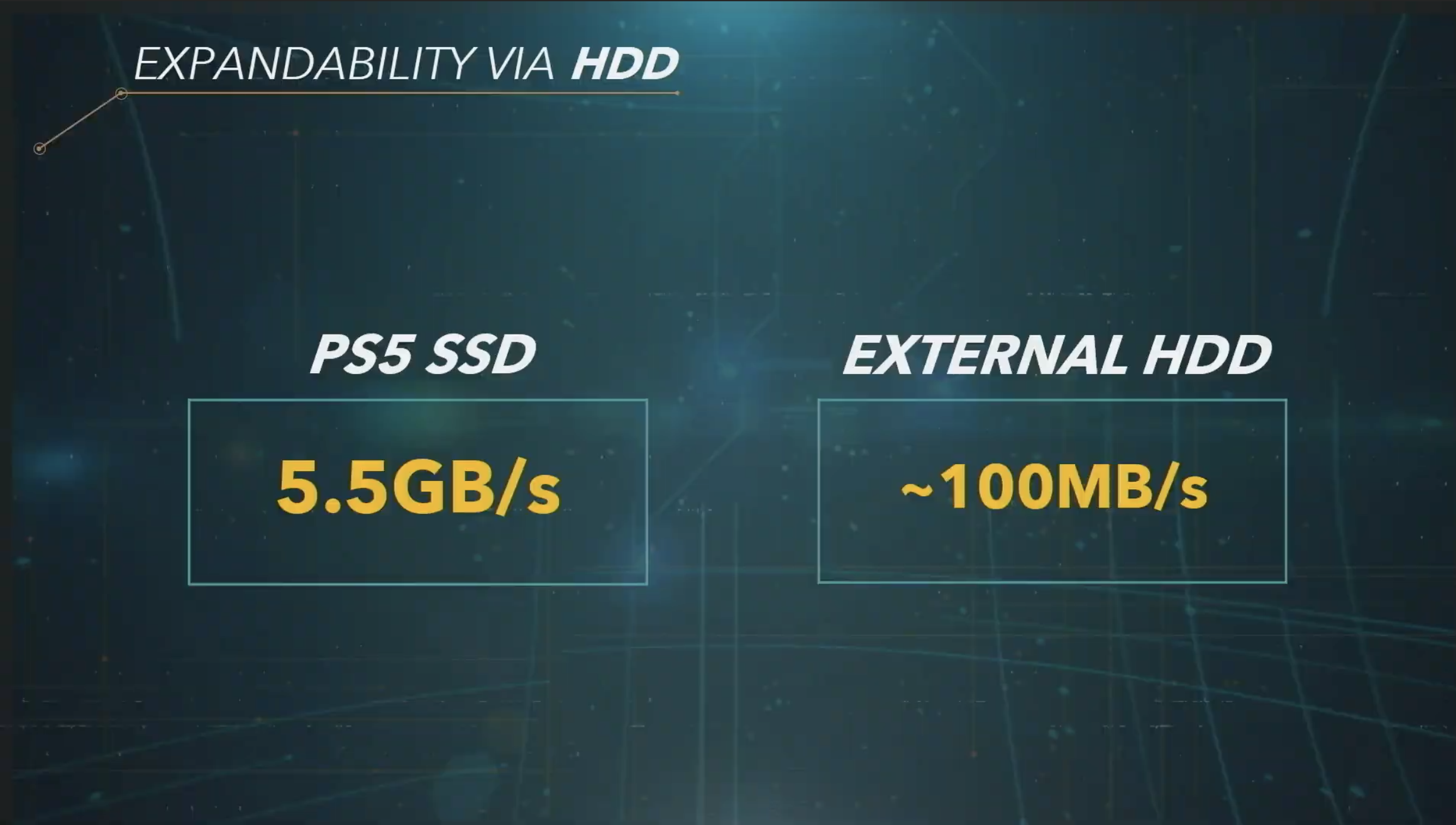
Affordability: Will PS5 and Xbox Series X make new tech more accessible?
AI: In my view, this is the most compelling argument for console cycles, and always has been. Sure, the generational leaps aren’t quite what they used to be — I’m not sure we’ll ever see a transition as profound as when sprites gave way to polygons — but console makers can evangelize useful, exciting technology with consoles in a way PC component makers never could.
Part of that goes back to the justification for exclusive games. Microsoft and Sony design hardware with their first party developers in mind, so they can best realize their vision. It’s that marriage between purposefully-crafted hardware and software designed just for it that can often produce really exciting results. But it’s also a matter of cost.
I asked a few of our colleagues how much it might cost to build a PC roughly as powerful as an Xbox Series X or PS5.TechRadar’s Bill Thomas estimates a PC with current parts about equivalent in power to the Xbox Series X would cost around $1,500. Tom’s Hardware’s Andrew E. Freedman believes next-gen consoles will be more expensive than we’re used to, but still less than a comparable PC would cost to build. I don’t know how much Microsoft is planning to sell the Xbox Series X for, but I imagine it’d be well under $1,500. (Unless they plan to adopt SNK’s strategy, anyway.)
MH: Affordability has always been one of the strongest arguments in favor of console ownership, and I doubt that will change with the PS5 and Xbox Series X. And what Adam says is true: Console manufacturers bulk-buying fancy components today might make those fancy components cheaper for PC enthusiasts next year.
Of course, there's the old refrain that PCs can do more than consoles, especially when it comes to productivity and multimedia. A $500 console is not necessarily a better investment than a $1,000 (or even $1,500) PC.
On the other hand, this piece isn't about consoles vs. PCs; it's about whether we need another generation of consoles. And Adam's central point, "consoles are necessary because they're a test-bed for new tech, and make said new tech more affordable over time," is compelling.
But are consoles good for their own sakes, or because they make PC parts more affordable in the long term? If the latter is true, it's not hard to imagine a world in which hardcore enthusiasts build their own PCs with expensive day-one tech, and more casual fans simply wait for mass-manufactured machines a few years later. The game selection wouldn't even change, as less powerful PCs can run newer games, albeit at lower settings.
As far as raw price goes, consoles are almost always going to have an edge. But cloud gaming, or upgrading a PC slowly over time, both have the potential to be more cost-effective than a PS5 or Xbox Series X. Consumers are already used to buying $1,000 smartphones; they can probably be convinced that a $1,000 PC is a worthwhile investment.
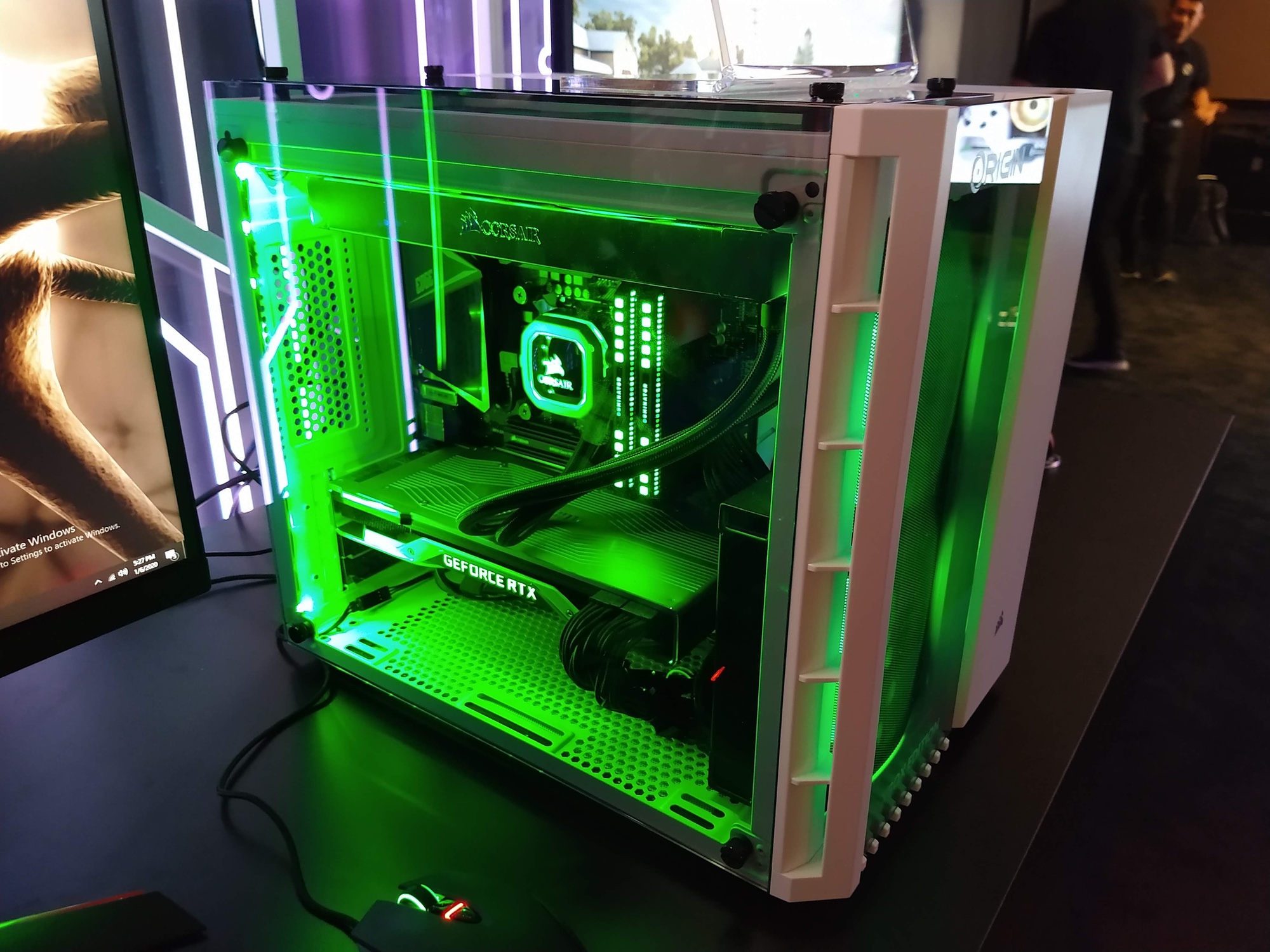
Can PS5 and Xbox Series X offer something that PCs can’t?
MH: One argument that's been going on at least as long as I've been alive is whether consoles matter in a world of gaming PCs. Sure, consoles are simpler to operate, and they offer some excellent exclusive games. But PCs have more exclusive games than consoles ever will, particularly since they're essentially backwards compatible all the way back to 1962. And PCs are both simpler to operate and easier to build than they've ever been.
These days, most major releases come out on both PC and console, consoles employ most of the same internal components as PCs and you can use a controller (and in some cases even a mouse or keyboard) regardless of platform.
Every upcoming Microsoft game will be on PC as well as Xbox. And while Sony has no such plans, some of its best exclusive series, including God of War and Uncharted, did make their way to PlayStation Now, which is available on PCs. There's no reason to think that this trend won't continue on the PS5.
While consoles are still cheaper and simpler than PCs, the functionality is simply not very different. And as consoles become more and more similar to PCs, cutting out the middleman and simply buying a PC seems like a smarter idea.
AI: I believe consoles can offer something PCs can’t, but whether or not people actually care about those perks is another story. Half of my friends only own consoles, while the other half built gaming PCs. But they all own Nintendo Switches because, well, the Switch fits in a unique role that no Xbox, PlayStation or PC could occupy.
I don’t think PC owners are going to be lining up outside Best Buy this November to snag a PS5 because they’re enticed by the console’s lightning-fast SSD. Theoretically, though, a potential Spider-Man sequel could leverage those read speeds to incorporate levels devoid of roadblocks and corridors that developers often have to pepper in to give hardware time to catch its breath. A spiritual successor to P.T. could utilize Sony’s experimental 3D audio tech to engender a level of panic that existing horror titles perhaps can’t match.
Yes, one day, these games could end up on PC — and, in the Xbox Series X’s case, we know that they will. But they could run worse, or require special hardware, to play like they do on the consoles they were primarily designed for. However flimsy a counterargument that is, it’s the only one I can make; consoles and PCs are more similar than they’ve ever been, and if nothing in particular strikes you about what Microsoft and Sony are peddling, perhaps you should tell the middleman to take a hike.
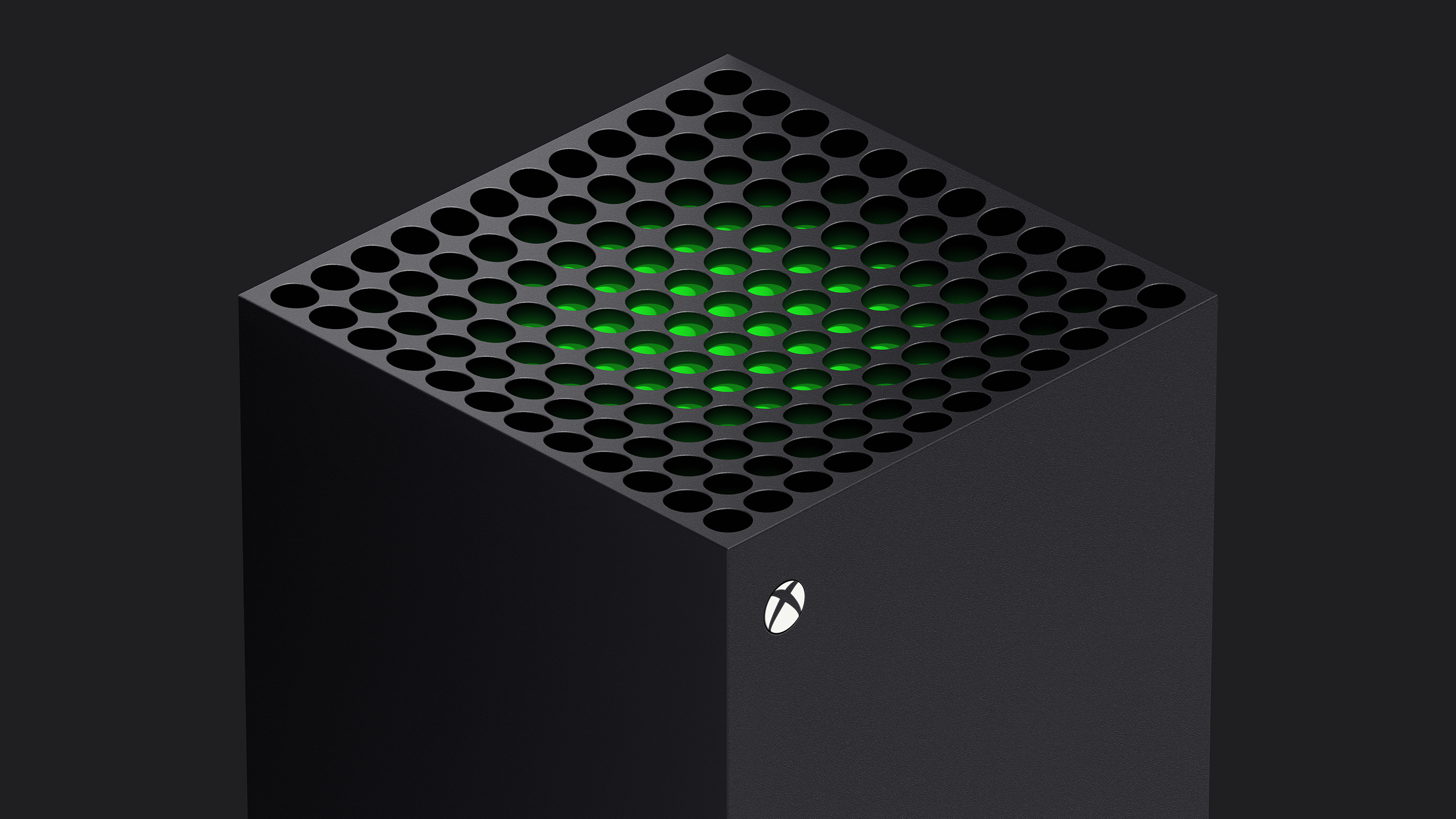
Bottom line
MH: Going into this piece, I was convinced that the PS5 and Xbox Series X were destined to be replaced by better tech within their own lifetimes. Cloud gaming is making rapid advances, and PC gaming is closer to consoles than it's ever been before. I stand by my arguments on exclusive games, cloud gaming and gaming PCs. However, Adam's arguments won me over on one big point: Affordability.
No matter how much math I threw at the situation, I simply couldn't justify a $1,000 difference between a next-gen console and a comparable PC. Yes, a PC is a productivity machine, too, but unless you're doing heavy-duty video editing, you can get a perfectly good PC for $600 or less. And if the current console generation is anything to go by, a PS5 or Xbox Series X could last you for seven years. That's not radically different from the 10 years or so you'd get from a good gaming PC, especially once you take pricing into account.
I don't know if I'll get a PS5 or an Xbox Series X. Most of the games I want to play will be on all three platforms, and I think I could live with missing out on a handful of great exclusives if it means I can invest more money in building a powerhouse PC from scratch. But that's my choice, and I don't expect everyone to make the same one.
I will be very curious to see what cloud gaming looks like in a year or two, though.
AI: For as excited as I am at the turn of every new console generation, I also doubt I’ll be lining up on day one. (I reserve the right to go back on this if Gran Turismo 7 ends up designated as a launch title.) That’s because I own a PC and, well, I know what you’re saying is right Marshall — for the bulk of the games I want to play, that will come out over the next two years or so, my rig will suffice.
I, like you, don’t need a new console right now. As an enthusiast, I’m happy to watch from the sidelines for a minute, to see how this story unfolds. But I think the industry as a whole needs new consoles — to drive forward benchmarks for performance; to open doors for people who can’t afford or are put off with the complexities of PC building; and to deliver experiences that wouldn’t be possible otherwise.
All of these things won’t happen at once on launch day, but as with consoles before them, they’ll prove their worth in time — and they’ll push the PC side of things forward, too. Ultimately, everyone will win. (Except Stadia users, I suppose.)
Sign up to get the BEST of Tom's Guide direct to your inbox.
Get instant access to breaking news, the hottest reviews, great deals and helpful tips.
Marshall Honorof is a senior editor for Tom's Guide, overseeing the site's coverage of gaming hardware and software. He comes from a science writing background, having studied paleomammalogy, biological anthropology, and the history of science and technology. After hours, you can find him practicing taekwondo or doing deep dives on classic sci-fi.
-
prid13 Absolutely loved this article! The format was highly entertaining, as well as educational and interesting. I learned the purpose of consoles, why cloud gaming still won't replace it yet, and more tidbits in a format that felt natural.Reply
Two guys having a friendly gaming "debate" backed with facts and intellectual arguments and replying to one another's arguments in a relatable way really made this article easy to digest, fun to read and natural to learn from. :)

